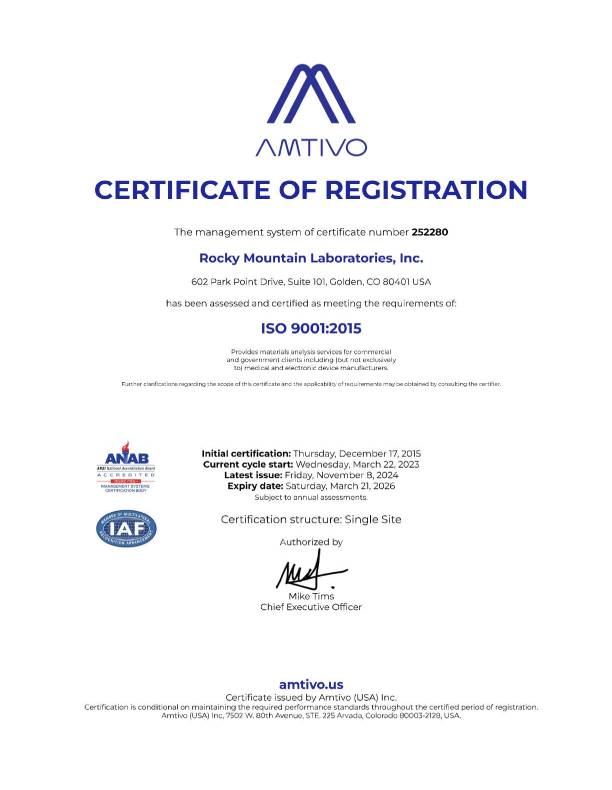Auger electron spectroscopy (AES) and X-ray photoelectron spectroscopy (XPS), also known as electron spectroscopy for chemical analysis (ESCA), are both surface-sensitive analytical techniques used to study the elemental composition and chemical state of materials. However, they are based on different principles and provide distinct information about the material.
Continue reading “Difference between Auger electron spectroscopy and XPS”Blog
Difference between Auger electron spectroscopy and XPS
Difference between infrared spectroscopy and FTIR?
Infrared (IR) spectroscopy and Fourier-transform infrared spectroscopy (FTIR) are related techniques used to analyze the interaction of infrared radiation with matter. FTIR is a specific implementation of infrared spectroscopy, and the main difference between the two lies in the method of data collection.
Continue reading “Difference between infrared spectroscopy and FTIR?”What sample is needed for FTIR?
FTIR (Fourier-Transform Infrared) spectroscopy is a versatile analytical technique that can be applied to a wide range of sample types, including liquids, solids, and gases. The specific sample requirements for FTIR analysis can vary depending on the nature of the sample and the research or analytical goals. Here are some common sample types and considerations for FTIR analysis:
Continue reading “What sample is needed for FTIR?”Difference between FTIR and XRF?
FTIR (Fourier-Transform Infrared) spectroscopy and XRF (X-ray Fluorescence) spectroscopy are both analytical techniques used for the elemental and chemical analysis of materials, but they differ in several key aspects:
Continue reading “Difference between FTIR and XRF?”Difference between FTIR and NIR
FTIR (Fourier-Transform Infrared) spectroscopy and NIR (Near-Infrared) spectroscopy are both analytical techniques that utilize different regions of the electromagnetic spectrum to obtain information about the composition and properties of materials. Here are the key differences between FTIR and NIR spectroscopy:
Continue reading “Difference between FTIR and NIR”What can be found from FTIR?
FTIR (Fourier-Transform Infrared) spectroscopy is a versatile analytical technique that can provide a wide range of information about the chemical composition, structure, and properties of materials. Here are some of the key things that can be found or determined through FTIR analysis:
Continue reading “What can be found from FTIR?”Difference between FTIR and Raman Spectroscopy
FTIR (Fourier-Transform Infrared) spectroscopy and Raman spectroscopy are both powerful techniques used for molecular analysis and the study of the vibrational modes of chemical compounds. However, they differ in several key aspects:
Continue reading “Difference between FTIR and Raman Spectroscopy”How accurate is the FTIR?
The accuracy of FTIR (Fourier-Transform Infrared) spectroscopy depends on various factors, including the quality of the instrument, sample preparation, and data analysis methods. In general, FTIR is considered a highly accurate analytical technique for identifying chemical functional groups, characterizing chemical composition, and studying molecular structures. However, the level of accuracy can vary based on the following considerations:
Continue reading “How accurate is the FTIR?”Difference between FTIR and NMR?
FTIR (Fourier-Transform Infrared) spectroscopy and NMR (Nuclear Magnetic Resonance) spectroscopy are both powerful analytical techniques used to study the properties of molecules, but they differ in several key aspects:
Continue reading “Difference between FTIR and NMR?”Difference between FTIR and HPLC?
FTIR (Fourier-Transform Infrared) spectroscopy and HPLC (High-Performance Liquid Chromatography) are two analytical techniques used in chemistry and related fields, but they serve different purposes and provide distinct types of information. Here are the key differences between FTIR and HPLC:
Continue reading “Difference between FTIR and HPLC?”


